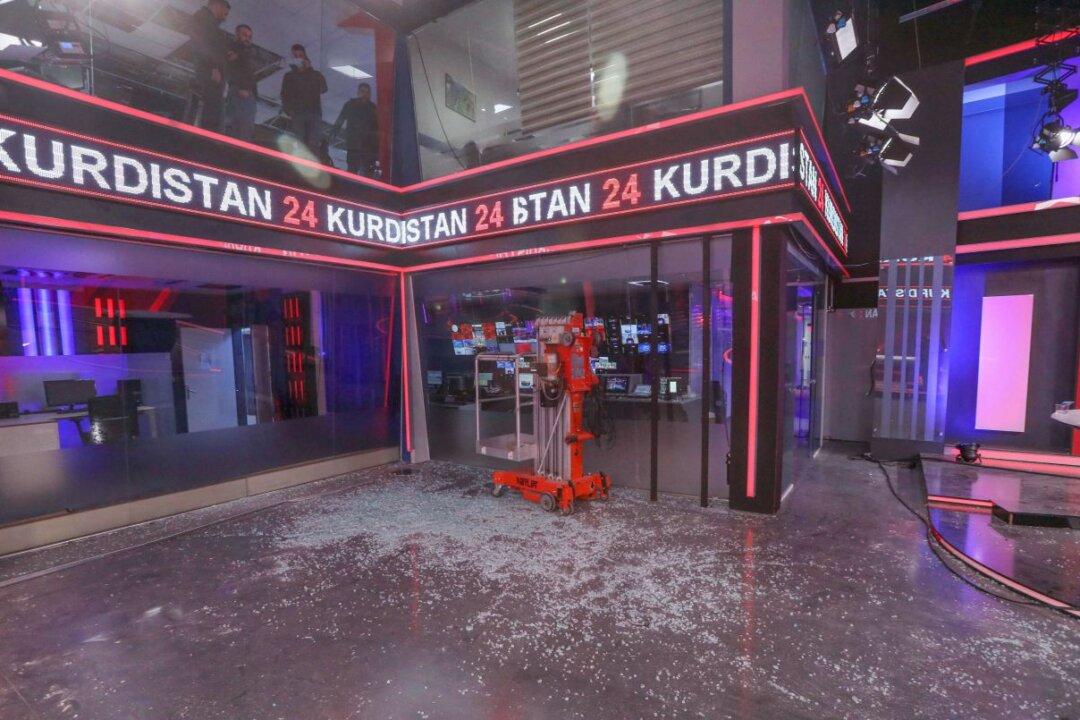White House national security adviser Jake Sullivan said on March 13 that Iran’s missile attack on the Kurdistan Region of Iraq targeted a civilian residence.
In a press briefing, Sullivan said the United States condemns the attack “in the strongest terms” and that the barrage of missiles had targeted a civilian residence in Erbil, the capital of Iraqi Kurdistan, “without any justification.”




